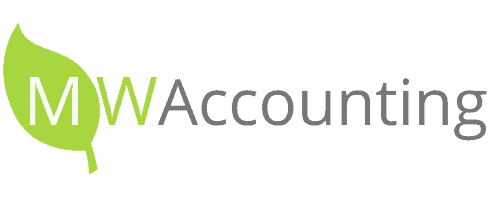Changes to child benefit – 7 January 2013
The government has decided to withdraw child benefit from high-income households. The new High Income Child Benefit Charge (HICBC) starts from 7 January 2013. Child benefit payments will not be stopped. Instead there will be a tax charge to claw back some or all of the benefit received.
Are you affected by changes to child benefit?
You will be affected if you:
– have an annual income over £50,000 (or have a partner who does); and
– receive child benefit (or have a partner who does)
If you (or your partner) have an annual income of between £50,000 and £60,000, you will face a tax charge for a proportion of child benefit. Those with an annual income of more than £60,000 will face a tax charge equal to the whole household child benefit. It should be noted that the income level applies to an individual’s income, not the combined household income. For example, a household where both parents earn £49,000 each would not be liable for the HICBC, whereas a household where one parent earns £61,000 and the other £10,000 would face the maximum charge.
Income includes profit from self employment, salary, taxable benefits-in-kind, property income, dividends, and bank interest. Pension contributions and payments to charities can be deducted from your income.
The HICBC attaches to the higher earner of the couple. So for many couples caught by the HICBC, this could mean one partner receiving child benefit, but the other receiving a tax bill to claw back some or all of the child benefit.
If you think you may be liable to a HICBC you can chose to either
– stop receiving child benefit and avoid the charge, or
– keep getting child benefit and declare the payments for income tax purposes
If you believe you are definitely going to lose all of your child benefit you may decide to stop getting the child benefit in the first place. This can be done by filling in the online form at www.hmrc.gov.uk/stopchbpayments or by calling the helpline on 0845 302 1444.
The HICBC will be due for payment at the same time as self-assessment liabilities. If you do not normally fill in a self-assessment tax return, you will need to tell HMRC by completing form SA1.
If you require further information, please contact me.

0 Comments